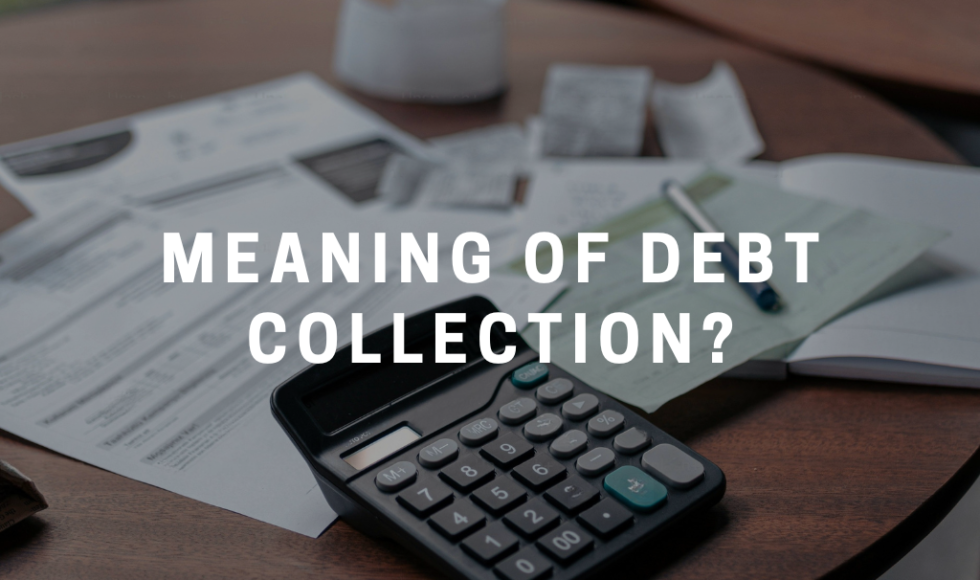Debt Collection
Debt collection is a crucial process for businesses and financial institutions, ensuring they recover outstanding payments owed by clients or other companies. At its core, debt collection involves pursuing these unpaid obligations while navigating complex legal and financial frameworks to ensure the recovery is ethical, lawful, and efficient.
Debt collection comes into play when a debtor fails to fulfill financial obligations. This process often starts with reminders and, if needed, escalates to more formal steps involving collection agencies or legal action. The ultimate goal is to resolve the debt, allowing businesses to maintain cash flow and financial stability.
Unpaid debt can have serious repercussions, potentially damaging credit scores, incurring additional fees, and, in some regions, even leading to legal action. In fact, while some debtors believe they can evade responsibility or that debt collectors will eventually give up, the persistence of debt collectors depends on legal statutes and the specific nature of the debt?
For businesses or individuals facing outstanding debts, knowing how to pay a debt collector can make a significant difference. Negotiating a payment plan or, in some cases, settling for a reduced amount can help resolve the issue. It’s worth noting, however, that different countries and regions have unique debt collection laws. For instance, can debt collector agencies take you to court in the UAE? In the UAE, unpaid debts can lead to serious consequences, including travel restrictions or legal proceedings, making it essential to understand local laws.
Debt collection involves various techniques and steps to recover funds, including direct communication, formal notices, and, when necessary, legal action. Agencies must adhere to specific legal guidelines to prevent overstepping boundaries in these processes.
What is the role of debt collections in maintaining business operations? For creditors, debt collection plays an essential role in preserving cash flow, protecting against financial loss, and upholding contract terms. Debt collection agencies act on behalf of creditors, making sure funds are recovered while adhering to ethical practices and the law.
When exploring the difference between credit and debt collection, it’s essential to understand that credit collection focuses on recovering money from current accounts, typically within a business’s standard receivables processes. Debt collection, on the other hand, involves overdue payments, often requiring specialized intervention by third-party agencies or legal measures.
Debt collection is not simply about recovering funds; it’s about managing risk, understanding regulations, and ensuring financial stability. By employing a structured, legally compliant approach, businesses and debt collectors work to maintain balance and fairness in financial transactions, ensuring both parties reach a resolution.
For more in-depth support on navigating debt collection or addressing unique challenges, feel free to contact us. SCS Capitals is here to provide customized solutions across borders, prioritizing compliance and maximizing effectiveness in every stage of the debt recovery process.

